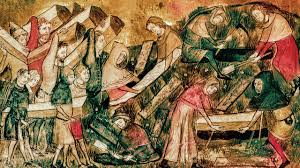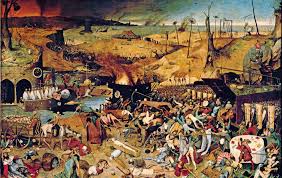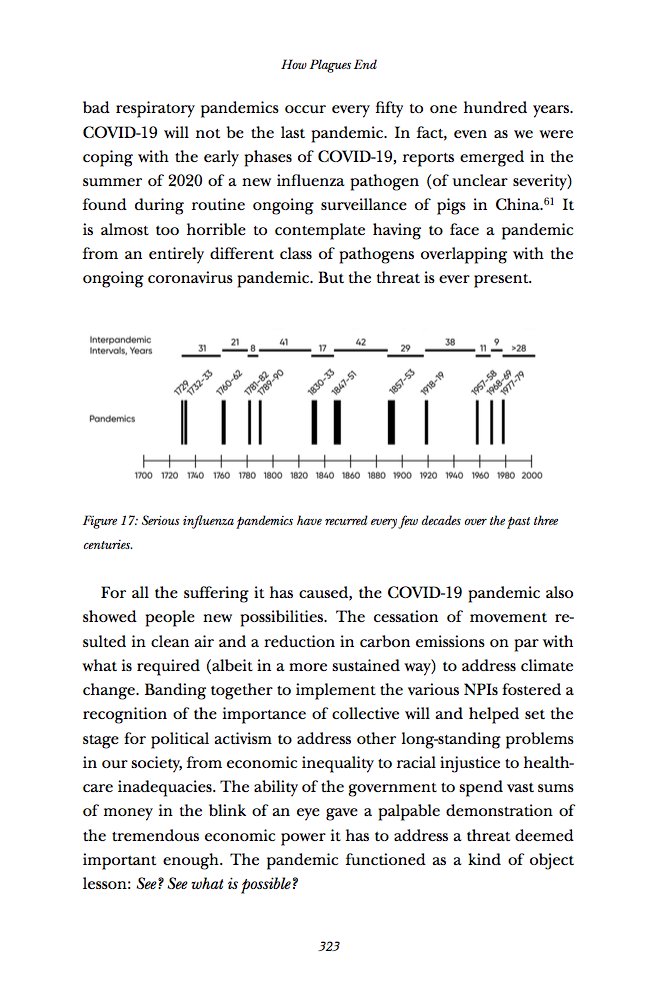
I’d need to better understand the motivations for this bill. And I’m not opposed per se. I find “period poverty” disconcerting.
But if the bill is based on righting an innate gender inequity, will the parliament also mandate equal life insurance premiums for men and women?
But if the bill is based on righting an innate gender inequity, will the parliament also mandate equal life insurance premiums for men and women?
https://twitter.com/ScotParl/status/1331299278560649221
And pads and tampons can be crucial for young women in many settings, as in this classic study by Esther Duflo showing that providing menstrual products enhanced school attendance (and much else) in poor women in Africa. nytimes.com/2007/11/12/giv…
I misremembered some details. Here are some other studies: cgeg.sipa.columbia.edu/sites/default/… indicated that providing sanitary pads reduces absenteeism by 5.4 percentage points. But bmjopen.bmj.com/content/6/11/e… shows no effect. NB @jt_kerwin
And this study also shows no effect on school attendance from providing menstrual products, rebeccathornton.net/wp-content/upl… via @ProfEmilyOster & Rebecca Thornton (h/t @jt_kerwin).
I am learning so much from people who are sending me links. Apparently, life insurance premiums in Europe may have been equalized for men and women? scotsman.com/business/insur… via @mjbsp (If women got menstrual products and men life insurance, I'm not sure it was fair to women!).
Also the price of haircuts for men and women must be the same, perhaps, in Denmark, regardless of time or material inputs or complexity? digitaljournal.com/article/341818 (Again, via @mjbsp)
And car insurance vendors cannot directly discriminate based on sex in Europe (though they still do so indirectly): amp.theguardian.com/money/blog/201… via @adam42smith
• • •
Missing some Tweet in this thread? You can try to
force a refresh






